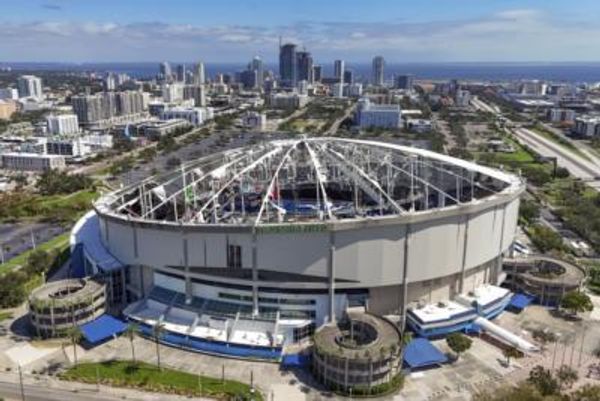
Rabat (AFP) - The European Union and Morocco on Friday said they would step up cooperation to combat human smuggling after at least 23 migrants died trying to enter Spain's enclave of Melilla.
They were among around 2,000 migrants, many from Sudan, who tried to break through the border fence last month, according to Moroccan authorities.
It was by far the worst recorded death toll in years of attempted migrant crossings into Spain's Ceuta and Melilla enclaves, which have the EU's only land borders with Africa.
Spain's Prime Minister Pedro Sanchez at the time blamed "human trafficking mafias" for "a well-organised violent assault".
At a meeting Friday in Rabat, the EU and Morocco "agreed to renew their partnership in order to work together to tackle human smuggling networks, in particular following the emergence of new, extremely violent, methods adopted by such criminal networks", a joint statement said.
The agreement came during talks between Ylva Johansson, EU commissioner for home affairs, Spanish Interior Minister Fernando Grande-Marlaska and Moroccan Interior Minister Abdelouafi Laftit.
"These events put traditional methods of combatting human smuggling under strain," the statement said.
The new "operational anti-smuggling partnership" will include "support for border management, enhanced police cooperation (including joint investigations), awareness-raising on the dangers of unlawful migration and enhanced cooperation with EU agencies responsible for home affairs", the statement added.
The June 24 tragedy provoked international indignation, including an unusually strong response from the United Nations, and the opening of investigations by Spain and Morocco.
Non-governmental groups gave a death toll of at least 37, higher than the official figure.
Many others were hurt, including 140 members of the Moroccan security forces and around 50 Spanish police officers.
Morocco criticised a "premeditated act of unusual violence" by the migrants, while rights groups condemned what they called brutality by the Moroccan security forces.
The migrant rush in Melilla came after Madrid and Rabat normalised their diplomatic relations following an almost year-long crisis centred on the disputed Western Sahara territory.
For Spain, the main objective of the diplomatic thaw was to ensure Morocco's cooperation in controlling illegal immigration.
Grande-Marlaska repeated on Friday that Morocco was a "loyal and reliable partner" of Spain and the EU.







